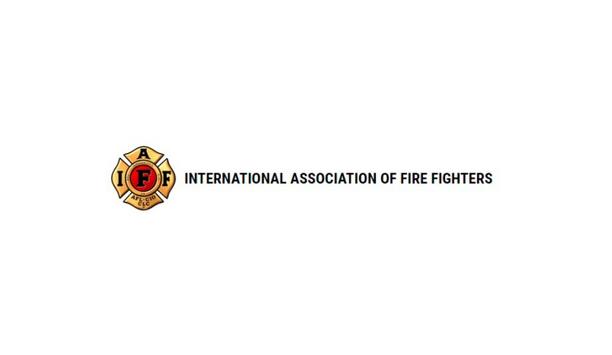- When connecting a gas appliance to the gas cylinder, always ensure that the connection is correct and gas-tight – a smell of gas will occur if the connection is not tight.
- All gas appliances have rubber or fiber washers to seal the gas tightly at the point of connection to the gas cylinder. It is important to always check that these washers or seals are in place and good condition.
- It is essential to keep the gas jets clean. Inspect these for dust and dirt before any appliance is connected to the cylinder.
- When turning the LPG on, turn the valve only one and a half times. When lighting gas appliances without automatic ignition, first light a match or lighter, hold it to the gas burner, and then open the gas. The gas will ignite immediately.
- Even on the coldest winter nights, it is important to always have a window slightly open in any room where a gas appliance is being used to ensure that fresh air is readily available.
- When turning the appliance off for the night, shut off the gas supply at the LPG cylinder, which should always be placed on a firm and stable surface.
- Store and transport gas cylinders upright with a sealed protective cap to prevent any damage and potential leaks if they fall over; secure gas cylinders in a demarcated and protected area.
- Use gas containing an odor-causing substance that can be detected in the event of any leaks; install a gas detector.
- Another critical safety factor in terms of gas cylinders is to protect these from any external heat sources. Pressure and temperature have a direct relationship in terms of the fixed volume. As the temperature increases, so does the pressure. If users exceed the maximum temperature that the cylinder is rated for, there will be an explosion.
- Although homeowners do not require certification to operate gas cylinders, any gas system must be installed by an accredited company.
- Lastly, and most importantly, take care when using a gas heater: Do not place it too close to items like furniture, curtains, or bedding that can catch fire. If users have an electric heater follow the same rules when using a gas heater, but remember to unplug it from the wall socket during load shedding so that it does not come on when the power is restored if the switch is accidentally left on.
ASP Fire Gives Tips To Fire Up The Gas Heater To Keep The Cold At Bay
People mentioned in this article
- Related companies
- Accredited Support Proffessionals (ASP FIRE)
- Related categories
- Fire Suppression System Accessories
- View all news from
- Accredited Support Proffessionals (ASP FIRE)
Related videos
In case you missed it

At the LogiMAT in Stuttgart from 11th to 13th March, WAGNER will be presenting innovative fire protection technologies and individual solutions for deep-freeze warehouses, high-bay...

There is a lot of studies and authority actions to have better responses after a natural disaster, including risk management, awareness, and preparedness especially in areas where...

The Kidde Fire Protection Natura™ Inert Gas System by Kidde Australia has transformed the way installers think about deploying inert gas fire suppression systems, deliverin...
The New Future For Fire Agencies
DownloadThe Eight Key Trends in Fire Detection in 2023
DownloadA Digital Platform to Improve Fire Safety Compliance and Inspections
DownloadOvercoming the Challenges of Fire Safety in the Paper Industry
DownloadCarbon Monoxide: Creeping Killer Caught In The Act
Download












